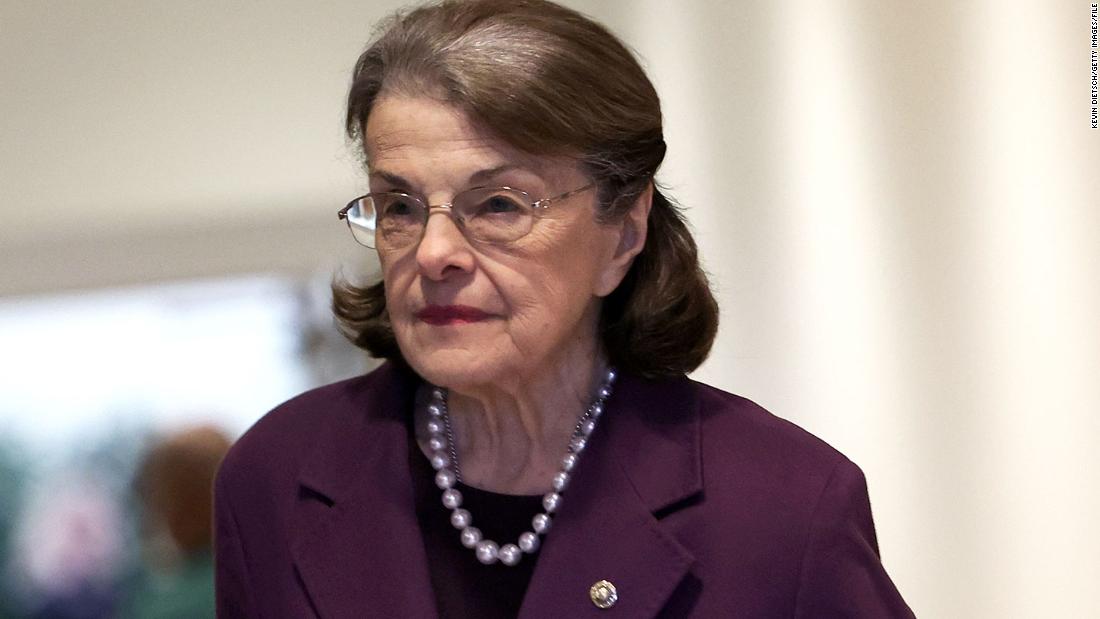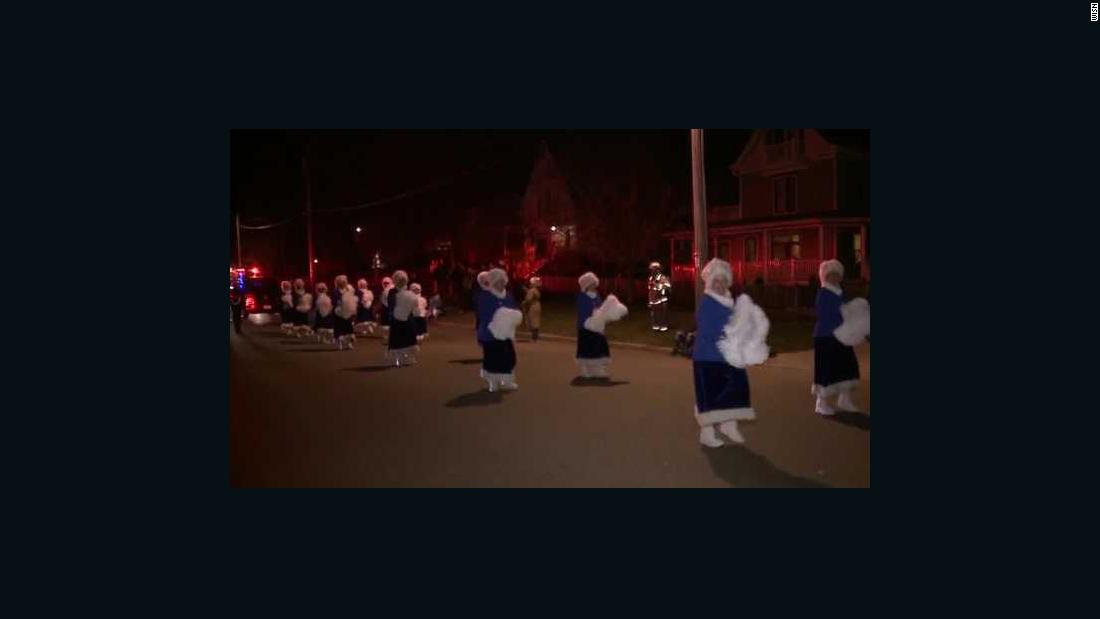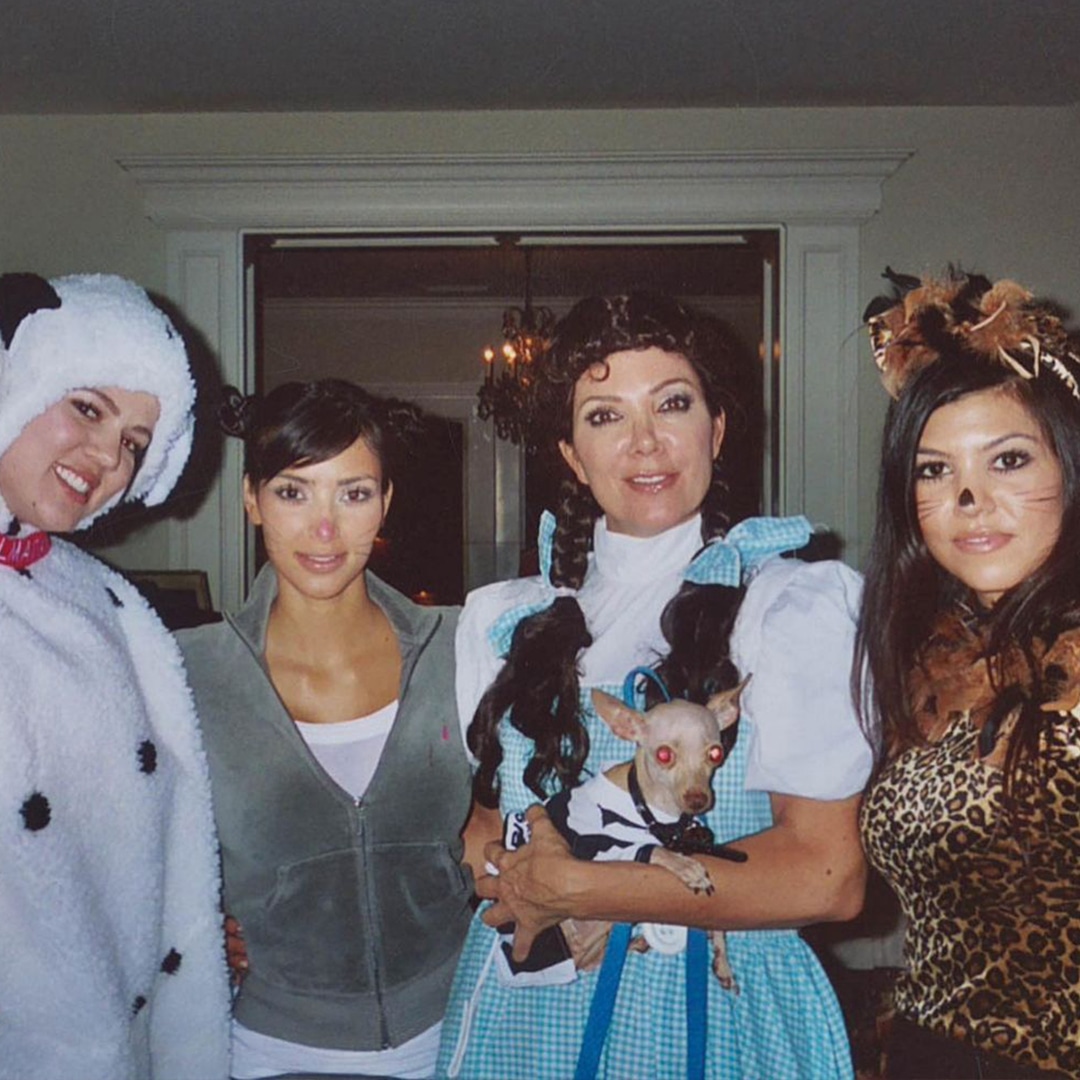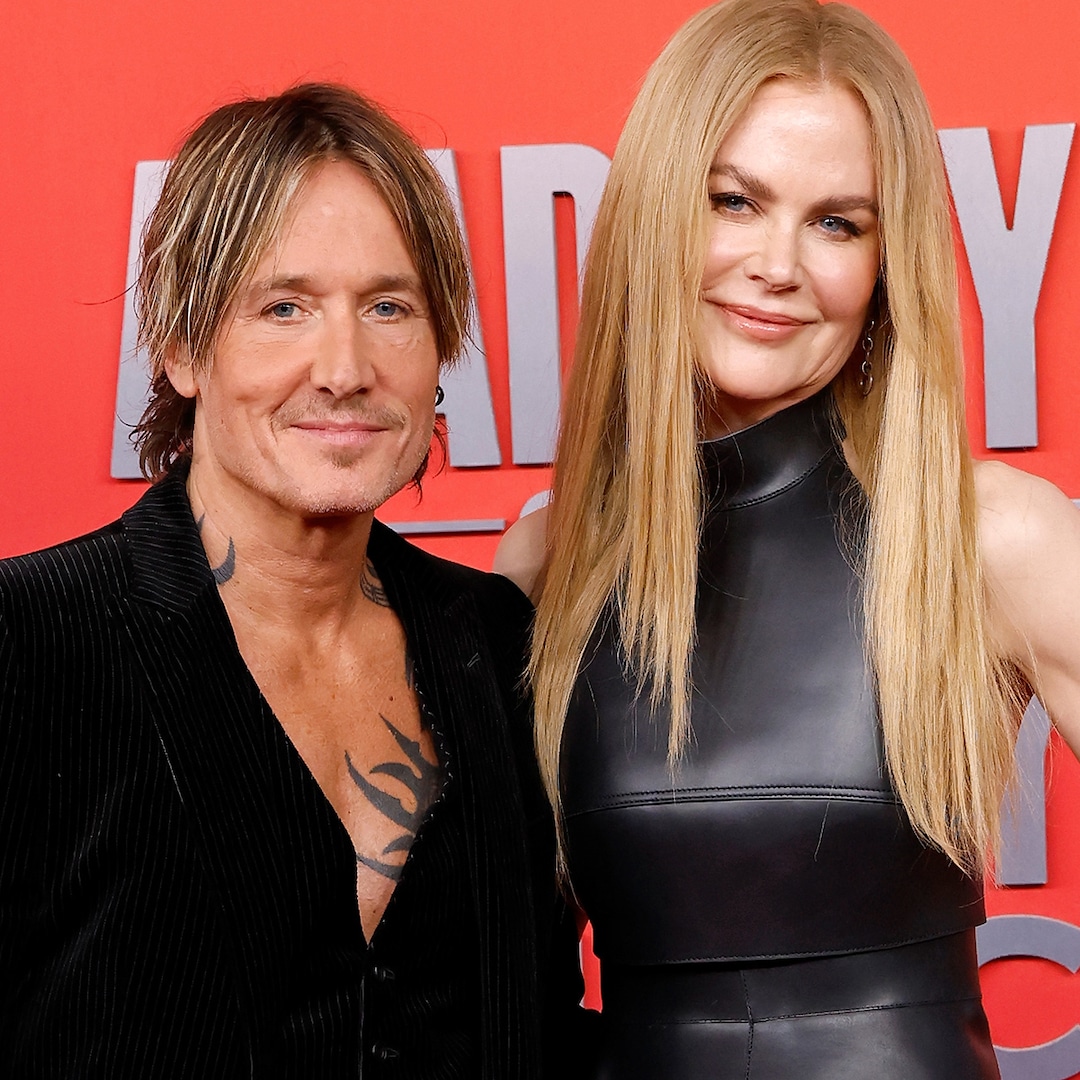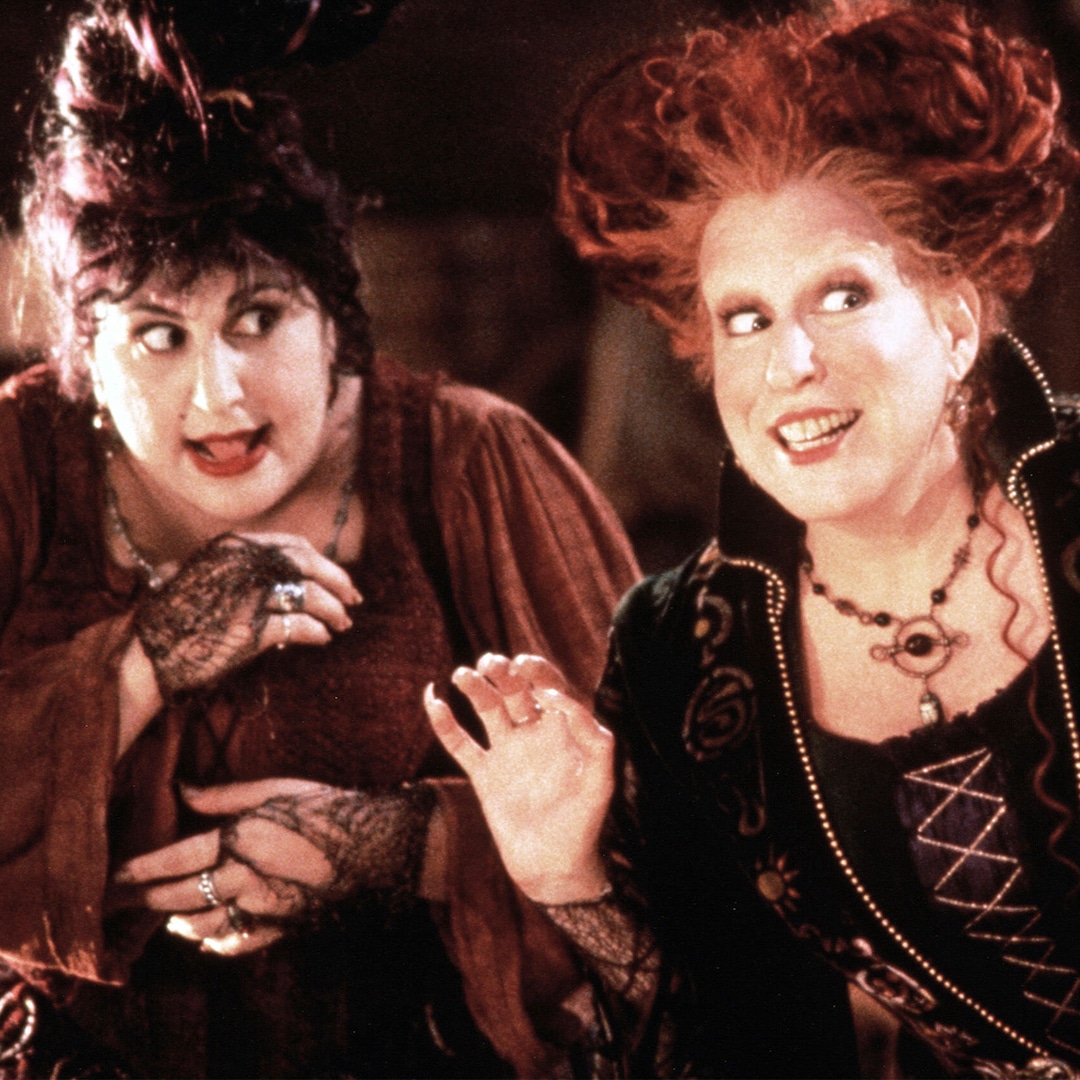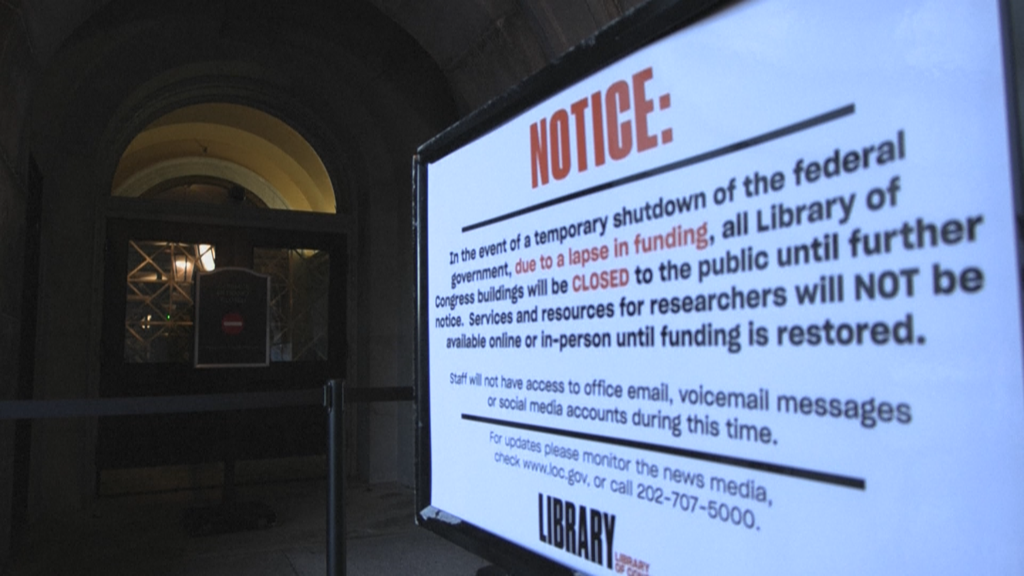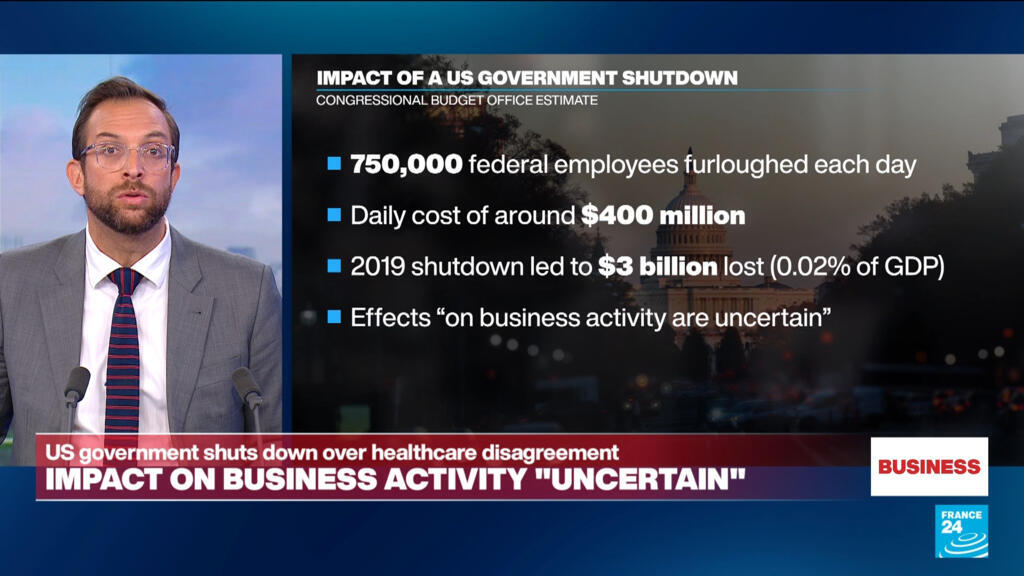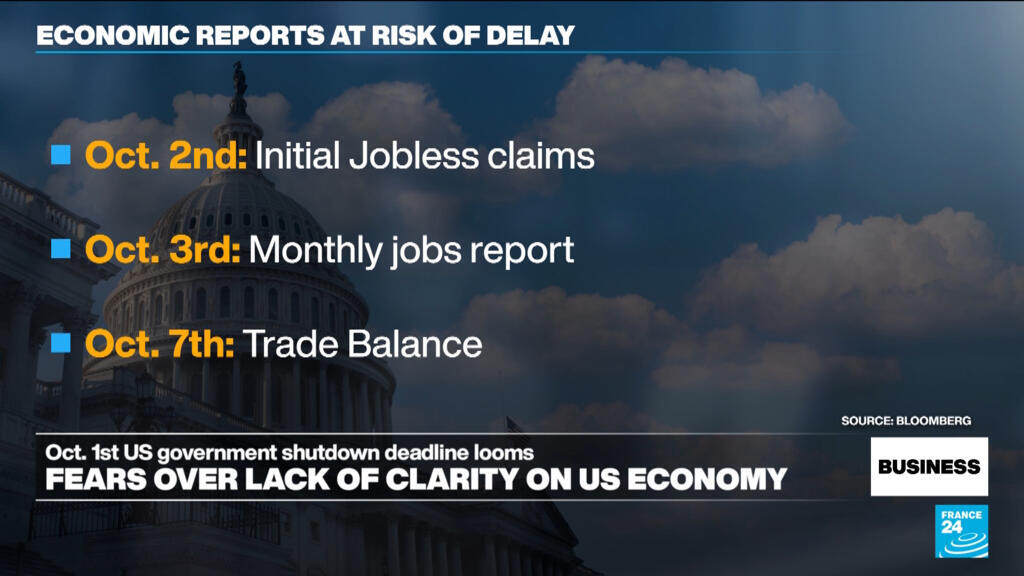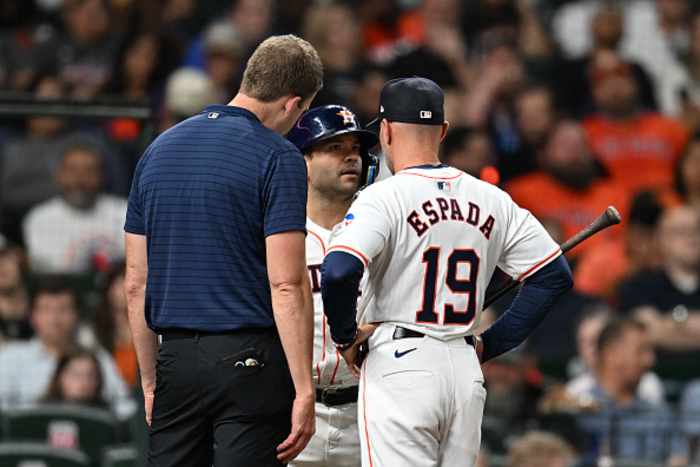Hobson’s Choice Satirizes a Father’s Control Over His Daughters
Opera premieres are very similar to that proverbial box of chocolates, you never know what you’re gonna get. We often decry the modern works for their lack of melody. All angsty and off-putting, without key structure, the characters all sound the same whether hanging up laundry or having a breakdown. It’s not tonal, and you […] The post Hobson’s Choice Satirizes a Father’s Control Over His Daughters appeared first on Houston Press.


Opera premieres are very similar to that proverbial box of chocolates, you never know what you’re gonna get.
We often decry the modern works for their lack of melody. All angsty and off-putting, without key structure, the characters all sound the same whether hanging up laundry or having a breakdown. It’s not tonal, and you never leave the theater humming any tune.
Tom Cipullo’s world premiere Hobson’s Choice, at University of Houston’s Moores Opera Center, is definitely not modern music, except for its use of xylophone, wood block, whoopie whistle, and ratchet. It could be some forgotten Lehar operetta unearthed from the Viennese archives or a Sigmund Romberg work hidden in his trunk of forgotten scores. It’s a throwback to Puccini’s comic one-acter Gianni Schicchi from Il Trittico (1918), although that one sounds much more modern and up-to-date, and is a lot more fun.
Hobson, adapted from a once-popular play by Harold Brighouse (1915) is a boulevard farce satirizing a father’s complete control over his family of daughters and their fight for women’s emancipation. The youngest cannot marry until the eldest does, and the eldest, Maggie, is a shocking 30 years old.
Father assumes she’s an old maid and is in no hurry to marry her off and compromise his shoe-making business which she runs with absolute efficiency. She’s in love with the cobbler in the basement, a definite no for the family’s social position. But she’s a feisty one, not to be outwitted. She marries her Will, arranges her sisters’ marriages to the beaus of their choice, and out foxes her father in the end. It’s a most satisfying conclusion, but it’s never in doubt, not for one bar of music.
Maybe that’s why this opera never goes anywhere and begins to pall. Maggie is so strong from the start there’s no contest against her inebriated but ferocious father. We know she will conquer, so all the following is filler. Pleasant filler to be sure, easy on the ears, but not much drama and not much comedy. The score washes over you without much effect although its conducted by maestro Jorge Parodi with love, the singing is very good, the direction is sufficient, the set and costumes (Jefferson Ridenour and Mary Webber/Shaun Heath) are clever and colorful, the lighting (by pro Christina Gianelli) is perfect for a farce – we can see what we need to see.
Cipullo sets this whirligig is motion with a bright score with many arias for the principals that mimic Gilbert and Sullivan’s patented patter songs or Sondheim on a bender. The main melody – I guess you could call it Maggie’s theme – is a lush romantic up-sweep that is quite pretty, and the tongue-twisting lyrics by Cipullo in the Rossini-esque numbers are most adroit.
It’s the spaces in between that slow this opera down. For being such a bonbon opera, the work needs a sharp red pencil; it’s too long (two intermissions!) One character, Missus Hepworth, a Lady Bracknell wanna-be, has only one scene. Underused, I thought she might be widow Hobson’s prospective bride, but, no, she disappeared until curtain call. A battleship royale, she is sorely missed as the opera unfolds.
The Moore’s student cast is most adept, at ease on the stage, and have voices to be heard again.
Soprano Chelsea DeLorenz, as Maggie, has a natural intelligence as singer and actress. She knows what she’s doing. Her number, ironically, “I Know What I’m Doing,” is straight-forward, without flourish, and right on. And her credo song, “Chance Favors Those Who Court Her,” was angelic. She was in command of the stage throughout and fit the role of Maggie like a bespoke pair of fine leather boots.
Baritone John Allen Nelson made a beloved rogue out of Henry Hobson, as he tongue-twisted through his patter about the trials and joys of only having daughters. He was gruff and tough but ultimately had a heart of gold. He showed that in his fine voice. Baritone Jack Cozad, as beloved of Vicki, had youth and talent on his side. He even performed a neat little vaudeville routine during his number, shuffling along with his boater hat. Tenor Grant Peck, as Will, commands a strong and nimble voice, rising above the fray and filling the house.
Contraltos Cassi Gardner and Avery Ditta ate up the scenery whenever possible as sisters Alice and Vicki, “warbling in thirds” as Maggie introduced them at the opera’s prologue. They are admirable singers, and coloratura suits Gardner as much as comedy suits Ditta. Wesley Kelley, as Alice’s love Albert, doesn’t have much to do, but he sings it nicely. And Elena Bryan, as Missus Hepworth, is terribly underutilized. She could have her own opera.
Hobson’s Choice, once amended and shortened, would be a worthy addition to the contemporary opera catalog. We need melody, we seek it. Maybe composer/lyricist Tom Cipullo will be the one to bring it back. We hope so.
Hobson’s Choice continues at 2 p.m. Sunday, October 26 at Moores Opera House, 3333 Cullen. For more information, call 713-743-3388 or visit kgmcaboxoffice.universitytickets.com. $10-$25.
The post Hobson’s Choice Satirizes a Father’s Control Over His Daughters appeared first on Houston Press.





